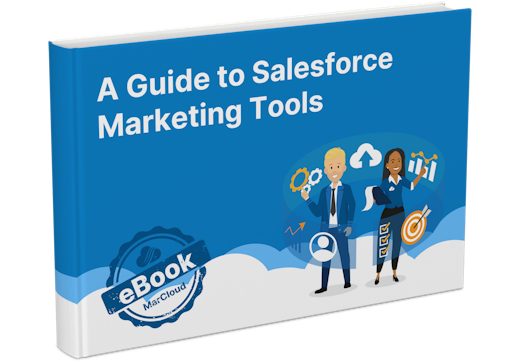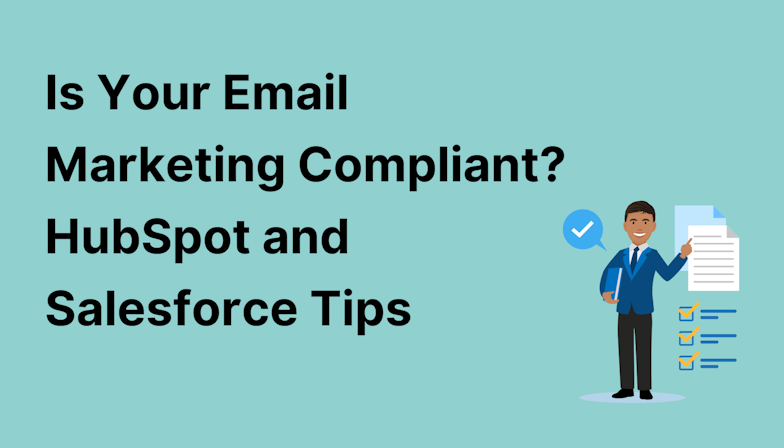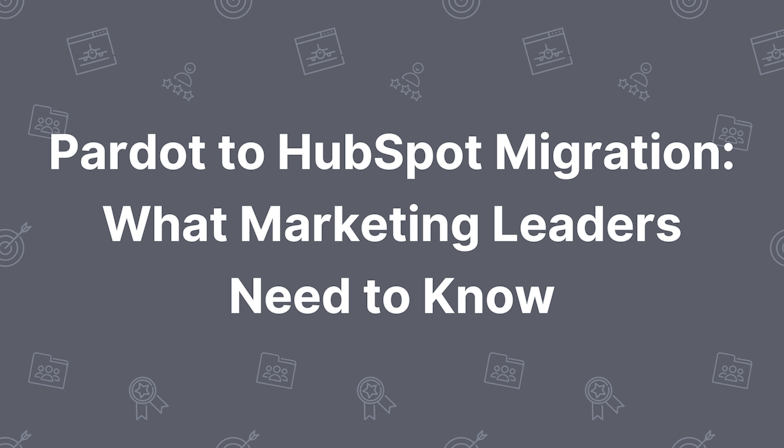Sales - Sam Green, Junior Sales Executive
Q. Sam, where did your Salesforce career begin?
A. It began when I joined MarCloud Consulting
Q. What does a typical working day look like for you?
A. My role as a Sales Executive involves meeting prospective clients and current clients, then scoping requirements for how we can bring in our Consultants to elevate their Salesforce ecosystem. Following this, I send contracts and get deals over the line as won Opportunities.
Q. What advice would you give those interested in a Salesforce career?
A. Educate yourself! There is an abundance of blogs online, from various companies and Salesforce media outlets, as well as videos on YouTube. Trailhead has free resources and you can even play around in a demo org for practical learning. In terms of getting a job in the industry, if you have no prior experience, I would advise that you opt for an entry-level job in a company that offers them. Progression can be fast if you're willing to learn and absorb as much information as possible.
Functional - Jon Chowdhury, Senior Lead Consultant
Q. Jon, where did your Salesforce career begin?
A. Before it was acquired by Salesforce and in my previous digital marketing role, I was an end user of Pardot (now called Account Engagement). Tom Ryan (Founder of MarCloud) worked with us to optimise the platform and at a later date, MarCloud offered the opportunity to join their fast-growing team of consultants, so I took the plunge.
Q. What does a typical working day look like for you?
A. Busy! Daily stand-ups with the team to consider work in progress and estimates for completion. Planning new projects and contingency planning for when things are not going as forecast. All mixed with some delivery tasks for Account Engagement and Sales Cloud.
Q. What advice would you give those interested in a Salesforce career?
A. Salesforce is an established and well-regarded organisation, providing market-leading solutions that are not going away any time soon. The pathways for a Salesforce career are varied and if you have a curious nature and want to be learning new things, then Salesforce can provide you with a fulfilling career path.
Delivery - Praveena Venuprasad, Delivery Consultant
Q. Praveena, where did your Salesforce career begin?
A. Quite recently, in 2022 as a Consulting Analyst, before moving to MarCloud.
Q. What does a typical working day look like for you?
A. Mainly, I’m implementing Sales Cloud solutions for clients. This includes a variety of tasks including creating objects, fields, reports & dashboards, designing and developing automations using Flows and Apex classes, inspecting client data and making necessary changes using data import/export, and plenty more. Although it’s not always a part of a typical working day, designing solutions also makes up the bulk of project work during the initial planning phase.
Q. What advice would you give those interested in a Salesforce career?
A. The best way to start learning Salesforce is to create and play around in a dev org, to get acquainted with the system. Certifications can build your profile, but project experience and building your skillset are invaluable.
Technologies - Bradley Bayley, Junior Developer
Q. Brad, where did your Salesforce career begin?
A. My Salesforce career began here, at MarCloud. I didn't know very much about it before joining but since working here I have decided to stay in the environment and pursue a career as a Salesforce Developer. There are many interesting and complex systems to get to know and I’ve no doubt that a full career within Salesforce will prove to be very fulfilling.
Q. What does a typical working day look like for you?
A. My work ranges from creating Account Engagement marketing email templates to building Salesforce Experience websites and Lightning web components. There are many tasks within each development project and they can range from easy to very challenging. As a developer, I love the challenging parts as I truly get to problem-solve and come up with solutions that may never have been applied before. I involve myself in UI/UX design to ensure users are getting the best results. Here, I can use my design skills and work with clients to ensure a solution that is on-brand and provides an excellent user experience.
Q. What advice would you give those interested in a Salesforce career?
A. If you are interested in full stack development, it's a good option to become a Salesforce Developer. You will spend your time between coding and point-and-click solutions and you can improve your skills easily because Trailhead is an excellent tool for learning. No two projects are identical, but familiarity with the system allows you to become a true expert, using a range of skills both on the Lightning platform and outside of it. You can work on a range of complex systems. The front end is a large part of what I do, and you can show your design skills while feeding the problem-solver within you on the backend. My main advice would be to just start. Start now and keep learning.
Operations - Liam Rooke, Human Resources Manager
Q. Liam, where did your Salesforce career begin?
A. My Salesforce career began this year by joining the wonderful world of MarCloud. It's been a fantastic journey with a young vibrant company and I'm loving the culture of collaboration between all the professionals in our care. Our multi-platform and multi-discipline experts inspire me every day.
Q. What does a typical working day look like for you?
A. As the HR Manager of a small company, I fulfil a 'generalist' role, jumping across all of the work levels, with no task too big or too small! I'm fortunate to have joined MarCloud at a fantastic period of growth so a lot of my day-to-day is built around creating a platform for that growth. I'm always on the lookout for great Salesforce marketing talent to join us in our journey.
Q. What advice would you give those interested in a Salesforce career?
A. Technology is at the core of most of the roles I recruit for MarCloud. Having a good understanding and being able to articulate your understanding well to all levels of stakeholders is key. My advice for those looking to get that understanding is to follow the MarCloud blog and especially check out the posts authored by our Founder, Tom Ryan.



